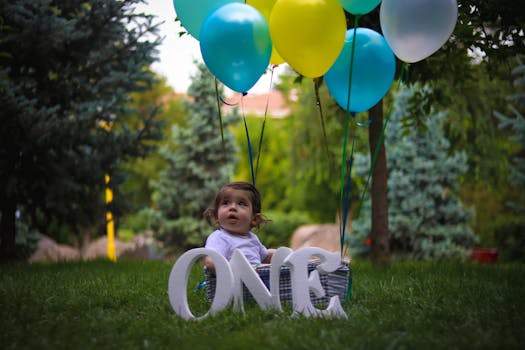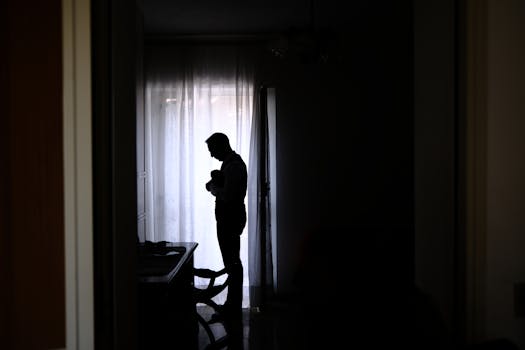In a world full of shifting priorities and increasing pressures, more parents are embracing a bold, intentional choice: raising just one child. Far from a trend rooted in limitation, the rise of “one and done” parenting reflects a powerful shift toward self-awareness, balance, and resilience.
Take Jacqueline Stein, a Toronto mother who had a smooth pregnancy and a healthy delivery. Everything about her experience was ideal — yet she knew one child was enough. “For my own mental well-being, and the life I wanted to offer my son, I didn’t envision having more children,” she said.
That level of clarity — in a society that often romanticizes bigger families — is an act of courage.
Why One Is Enough for Many Families Today
Research shows that Stein’s perspective is increasingly common. The number of women in the U.S. having just one child has nearly doubled since 1980, and the pattern spans all backgrounds, income levels, and education statuses. This isn’t about giving up — it’s about adapting to modern realities with purpose and strength.
Some parents have faced long roads to parenthood through infertility, IVF, or high-risk pregnancies. Others are navigating the skyrocketing cost of living, child care, and education. But instead of crumbling under pressure, they’re choosing to protect their energy, resources, and emotional bandwidth — so they can show up more fully for themselves and their children.
As one mom put it after a challenging birth:
“We love being able to take care of one child and still have our own lives.”
That’s not selfish. That’s strategic resilience.
The Financial Reality — and the Mental Load
In today’s economic landscape, raising even one child can be an all-consuming commitment. Daycare costs in the U.S. are outpacing inflation, and for many, the price of child care exceeds both rent and mortgage payments. Add extracurricular activities, travel, tutoring, and the rising expectation of “well-rounded kids,” and the financial and emotional load becomes immense.
But resilient parents aren’t waiting for the system to catch up. They’re creating sustainable lives — not by chasing outdated ideals, but by honoring their limits and priorities.
Mental Health Is Part of the Equation
Parenting is deeply rewarding, but it’s also mentally demanding. Studies show maternal happiness tends to decline with each additional child — something more families are starting to recognize. Rather than stretch themselves too thin, they’re choosing to build deeper, more present connections with one child.
That kind of decision requires emotional intelligence, not fear.
Jacqueline Stein, who now leads an online community for parents of only children, says her decision was rooted in care — for both her son and herself:
“It’s your body, your life, your finances, your mental well-being — and those are the things that matter.”
Rethinking the Myths About Only Children
Outdated stigmas around only children — that they’re lonely, spoiled, or socially stunted — simply don’t hold up. Studies show only children often display strong social skills, high self-esteem, and emotional maturity. In fact, many thrive because they receive more focused time and support from their parents.
This isn’t about choosing “less.” It’s about choosing intentionally — and redefining what a thriving family looks like in today’s world.
Resilient Families, Reimagined Futures
Being “one and done” isn’t a retreat. It’s a resilient, conscious response to the pressures and possibilities of modern life. It’s about parents owning their choices, tuning out cultural noise, and building the kind of life that works — not just for society, but for the humans actually living it.
Because the truth is, resilient parenting isn’t about how many children you raise.
It’s about how well you show up for the ones you have — including yourself.







